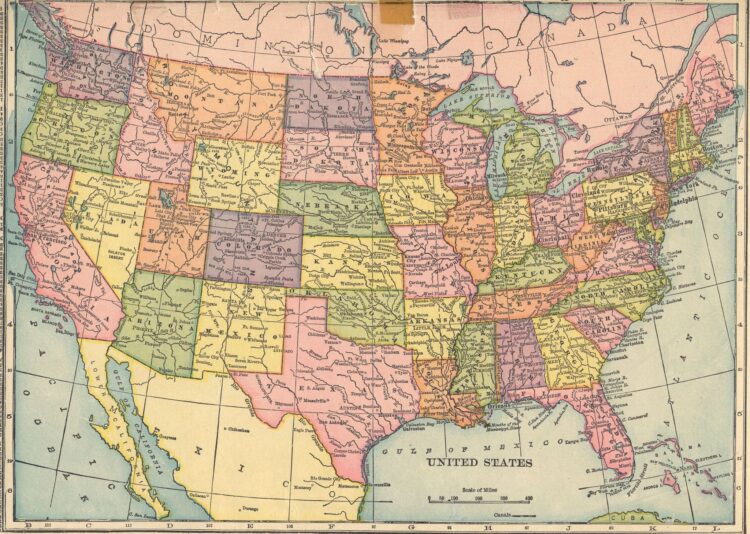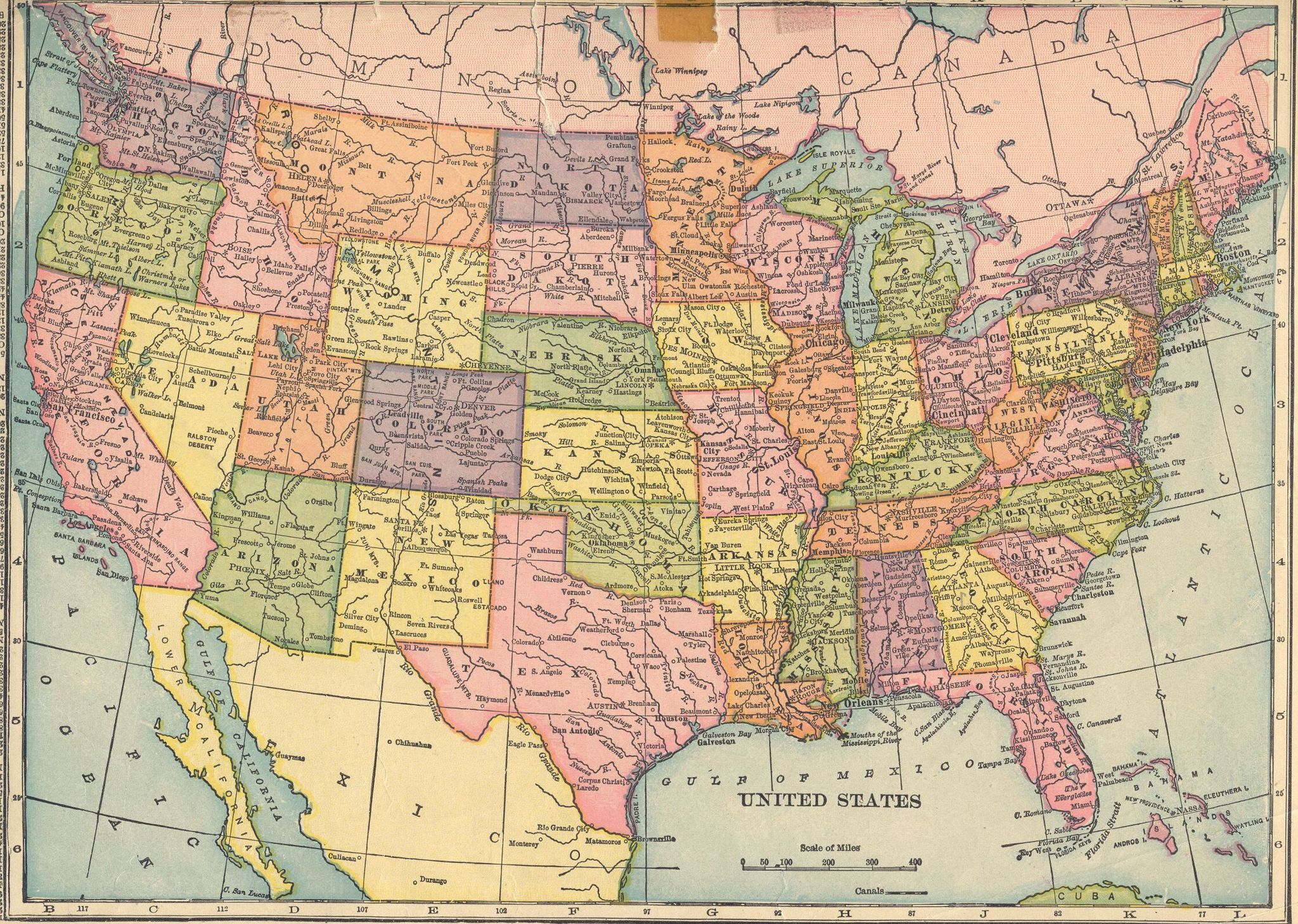Looking for the next burgeoning startup hubs? Glance on over to the Show-Me State. St. Louis and Kansas City — Missouri’s bookend cities — were both designated by Business Insider as top-10 towns in terms of startup deal growths in 2015. The emergence of the two cities all but confirms one Forbes writer’s recent summation of the U.S. tech obsession: “Every city wants to be a tech city.”
Silicon Valley has long been a beacon of innovation, unicorns, and VC successes, but it was only a matter of time before other parts of the country wanted in on the action. Now, even Midwestern metropolises want to follow in the San Francisco Bay Area’s footsteps.
That’s great news for entrepreneurs willing to look beyond Northern California when putting down business roots. Despite Silicon Valley’s star power, it makes sense to seek other skies when launching a startup. The Bay Area is an attractive place to live and work for anyone interested in the tech scene, but the cost of running a business there is astronomical compared with other cities.
Many entrepreneurs relocate to Seattle, Los Angeles, and New York to take advantage of more favorable operating costs. Certain expenses — such as real estate — are still steep in places like the Big Apple and Boston, however, so some companies are looking into second- and third-tier cities as well.
Anywhere that there are research institutions or money centers, you’re bound to find top-shelf talent. New York and Los Angeles are well-known for being financial and creative hubs, respectively, while Seattle boasts a knack for attracting technical workers. Smaller cities that are home to prominent universities, such as Minneapolis and Pittsburgh, also offer access to untapped talent reserves.
An additional benefit for entrepreneurs looking beyond the Bay Area is the support system. Some startup-focused service providers are taking a hybrid approach as they expand beyond San Francisco. They keep an anchor down in Silicon Valley while looking outward to other burgeoning markets. By investing in second-tier tech locations, they reinforce the local ecosystems and make it easier to build businesses outside Silicon Valley.
Choosing Your Tech Home
Many American cities actively court startups by promoting their good quality of life offerings and already thriving STEM communities. From Las Vegas to Memphis, a number of surprising cities are emerging as tech hubs.
It’s still important to evaluate each to make sure you see the full picture before you make a move. Here are the key elements to choosing the right home for your startup:
- A wired network: Strong networks are crucial to tech ecosystems. If you’re a first-time entrepreneur, you’re going to rely on your community for ideas and support.
Consider your strongest potential partnership opportunities, and gravitate toward cities that offer the greatest concentration of them. If most of your prospective partners and service providers are in Chicago, that city should be at or near the top of your list.
- Willing investors: Research investment activity wherever you’re thinking of moving. Which types of companies are attracting the most investment dollars?
For instance, fintech is really big in New York right now. That’s where you want to look if you’re trying to break into the fintech space, because that’s where you’re most likely to find relevant investors.
- A strong talent pool: Your startup is only as good as your technical talent. Look for cities with a high volume of engineers and graduates in your field.
If you’re thinking of a move to Los Angeles, find out what the talent pool looks like compared to your open positions. What’s the going rate for different types of engineers? What are the bona fides for potential hires? You don’t want to land in a place that has slim pickings when it’s time to build your team.
The explosion of interest in tech is a boon to entrepreneurs across the country. More cities than ever before are possible locales for launching and growing your company. But every location comes with trade-offs, so consider all the angles before you start packing your bags.
Image Credit: CC by Dave Winer




